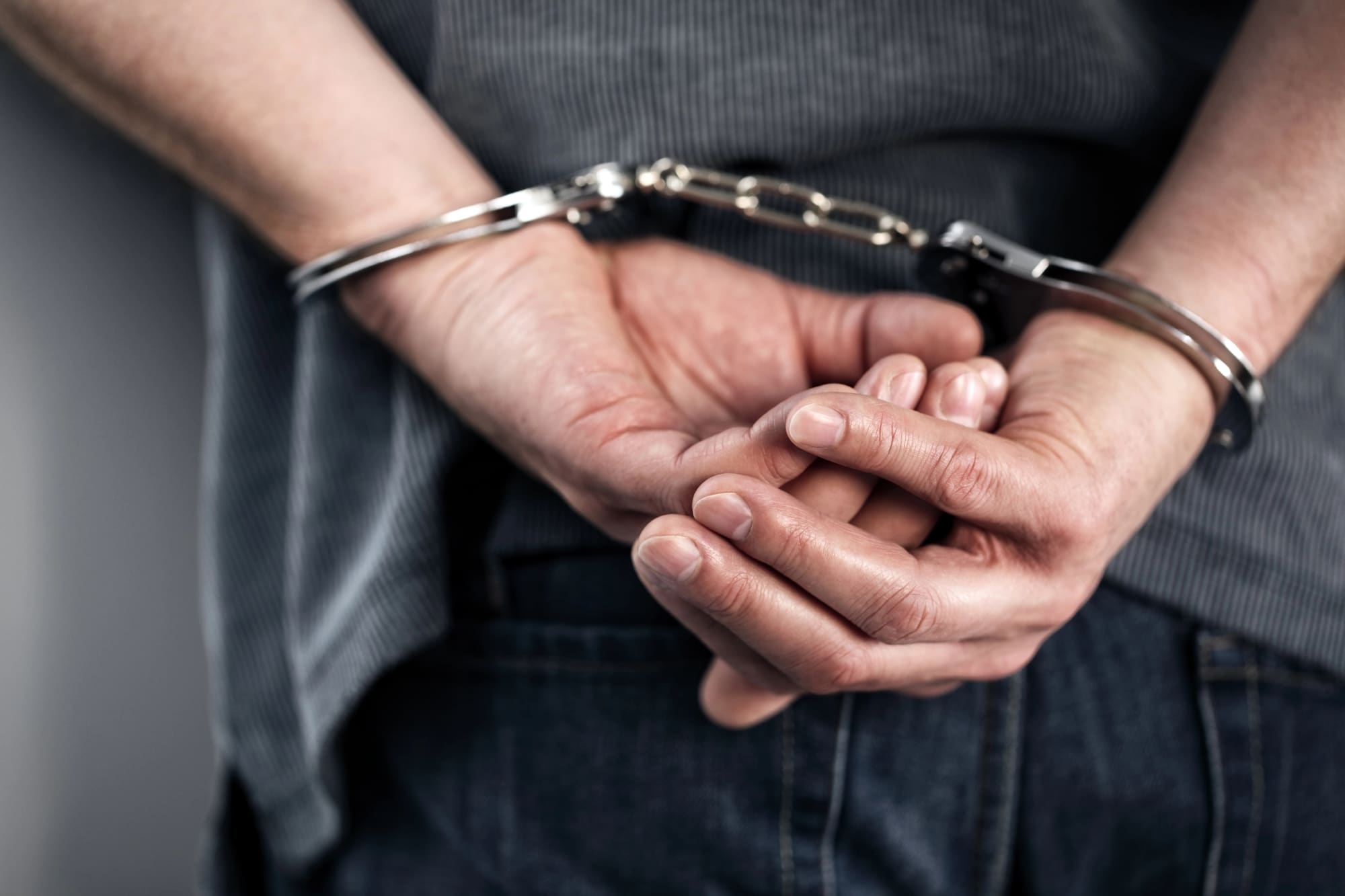The introduction of Police worn body cameras in San Diego has proven to reduce complaints against Police, yet many residents don’t know where they stand in terms of their rights under the law. Here is a list of some of the most commonly asked questions and answers as they pertain to your rights when both recording and being recorded by law enforcement.
Can the Police record you without your consent?
“This is one area where the law is rather clear. When interacting with police the public has little to no expectation of privacy. California court cases from the late 1980’s have established that citizens who have contact with police on the street or even in police cars don’t have constitutional protections for privacy.
The more difficult question emerges when police enter a person’s home or business. It is always difficult to apply blanket rules to any police interaction with the public. A police stop on a public street or roadway does not give rise to any privacy protections that may extend from the constitution. In the same way, an officer who has a body worn camera turned on while responding to an emergency call in a home would not be expected to seek permission to record what happens when he enters the home.
There have been guidelines suggested by the ACLU and other government oversight organizations which deal with the problem of video recording in otherwise private settings. The ACLU and other civil liberties groups have at least advised that local police agencies should have written procedures about when officers announce the fact that they have a camera which is recording. The law, however, is always limited because technology is always is far ahead of the laws that govern it use.”
Can interactions with the police be recorded without their consent?
“Senate Bill 411 is a good attempt to put into the law a clear indication for police throughout the state that citizen’s exercising their right’s will not be abridged. The bill goes as far as can be expected in that in makes clear that simply taking video or photos of the police in a public police is not considered interference. The bill also includes the qualifying language “in and of itself” which to any attorney will look like a back-door permission slip for unjustifiable arrests and intimidation of lawful citizen action. However, having tried and defended many resisting arrest cases that fall under the current laws, many defendants have been arrested for situations that have escalated from transgressions less egregious than taking video of an officer on their iPhone.”
What are the steps to releasing police body camera footage?
“Footage from body worn cameras is recorded, stored and processed differently by every law enforcement agency that collects it. There is no national or local standard for how police officer body camera footage is treated. In California, the public records act gives a clear right to the public to request and view any document collected by the government within certain limits. The video footage of body worn camera’s falls within the public records act and this is precisely how media outlets obtain such footage.
However, the exemptions in the public records act relating to ongoing police and government investigations put a significant limit on what records can be obtained. The purpose of public records exemptions are for extreme cases where government interests are clear and without question necessary for public safety or ongoing investigations, but often times, law enforcement and local government can use the exemptions of a public records act to delay release of video footage for months or even years due to an ongoing investigation relating to a crime or police misconduct.”
Do officers refer to body camera footage before writing their reports?
“You can ask any defense attorney if officers watch their body camera footage before they write a report and they will tell you: if the case matters, they are watching the footage. It is common sense that when there is video evidence that will be available to a defendant, an office will certainly review it before writing their report. Moreover, officers can and do write reports to suit their goals and that of their superiors.”
Why is video evidence not enough to charge a police officer with misconduct?
“Police misconduct is the third rail of law enforcement. You will not see or hear about an officer who is relieved of duty or dismissed for misconduct unless there is significant pressure brought by outside forces. Internal investigations of civilian complaints alleging misconduct often lead to minimal discipline and no change in the larger training of officers. Body worn cameras give the public an eye on their government which is reasonable and essential, but the misconduct of officers in most instances is charged only when a civil rights claims is filed on behalf of a plaintiff who has suffered serious injury or gross injustice.”
Do you feel that your right have been violated? Our primary goal is to restore our client’s freedom and peace of mind.
For a free, confidential consultation contact the Law Office of George Gedulin at (443) 888-2062. We are available 24 hours a day, 7 days a week.

 Call Us Now
Call Us Now Email Us Now
Email Us Now
